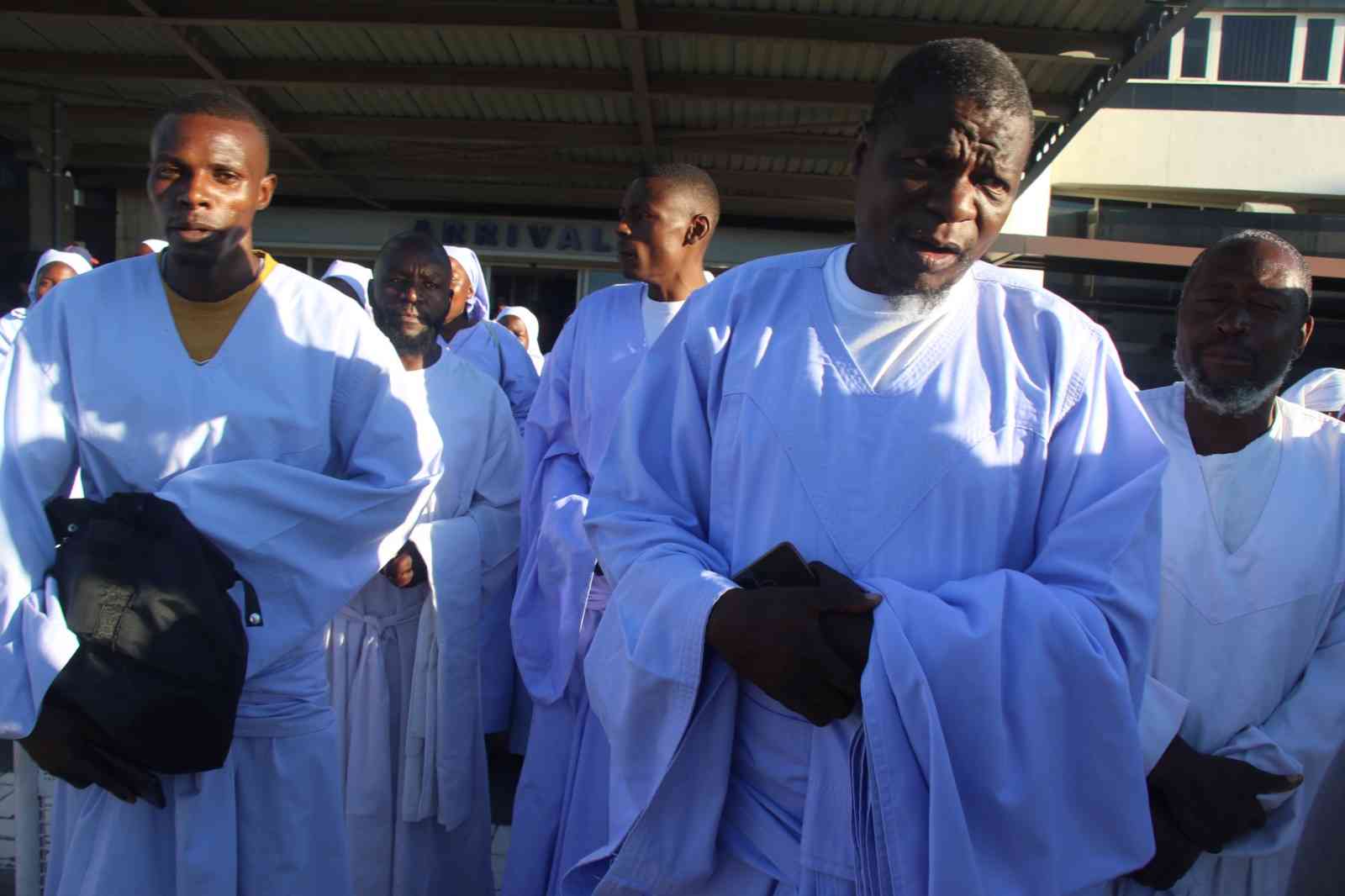
Dancers Association of Zimbabwe (DAZ) president and Beverley Sibanda’s manager Hapaguti Mapimhidze has come under fire from a section of dancers who accuse him of “intimidation and extortionist tendencies” and are pushing for dancer Apama Styles to take over DAZ.
By Problem Masau
In an interview with The Standard Style, a group of female dancers who pleaded for anonymity for fear of rebuke from Mapimhidze said they were forced to pay subscription fees that he abused to “oil” his own projects.

“We are bitter with Harpers, he is abusing us and if one does not pay up subscriptions, he threatens them with unspecified action and we are tired of his actions. We no longer want him to represent us and he should do the honourable thing of resigning,” said one of the dancers who dances with a prominent dance group.
“He organised an award ceremony to honour himself and his friend Sibanda. We are saying our money should not be used to organise cosmetic awards. We wanted our livelihoods to be improved. We work for drunken people and we get abused everyday but DAZ is doing nothing, all they want is subscriptions from us.”
Zoey, one of the most well-known dancers in the country, has already indicated that she will come up with her own awards this year.
“All the winners have some links to Harpers and DAZ board chairman Paddington Japajapa. As a result, I am going to host my own awards which will be fair and they will go a long way in developing and promoting the dance sector,” she said.
- Chamisa under fire over US$120K donation
- Mavhunga puts DeMbare into Chibuku quarterfinals
- Pension funds bet on Cabora Bassa oilfields
- Councils defy govt fire tender directive
Keep Reading
Efforts to get a comment from Mapimhidze were unfruitful as his phone was unreachable, but in an early interview, the dance association boss said the organisation was there to champion the rights of dancers.
“I have been in the forefront, championing the rights of the dancers in the country since the inception of DAZ in 2010,” he said. “Some of the roles of DAZ include protection of both male and female dancers from various forms of abuse, setting minimum charges for performances and assisting in times of need by securing money or services for dancers.”
“The dancers paid and still pay annual subscriptions of US$20 per group, which DAZ uses to finance its activities. Dancers in Zimbabwe, particularly women, had suffered abuse at the hands of bar owners and promoters.
“Their remuneration was not pegged, so it was easy for them to be exploited. Setting up DAZ was the only way that order and fair play could be assured in the fast-growing sector,” Mapimhidze added.










